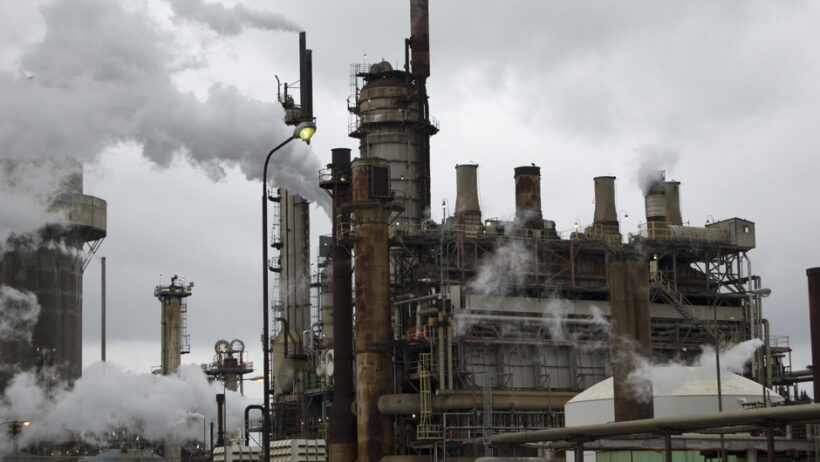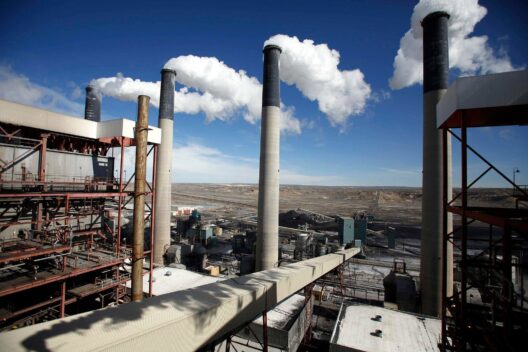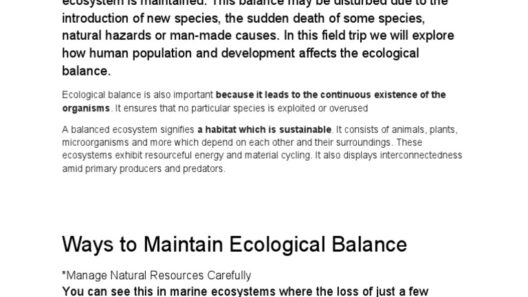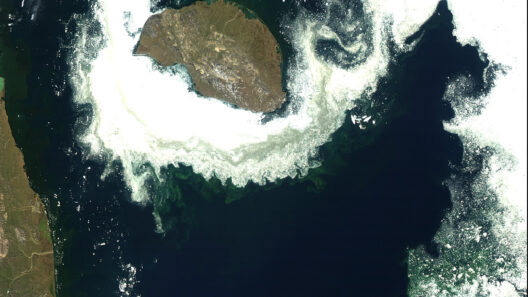Drilling for Disaster: The Climate Impact of Oil and Gas Extraction
Across the globe, the practice of oil and gas extraction has become synonymous with industrial progress and economic growth. The towering derricks and sprawling infrastructure are often seen as symbols of prosperity. However, beneath the surface of this perceived advancement lies a kaleidoscope of environmental repercussions that paint a grim picture of a climate in peril. The inevitable question arises: is the allure of fossil fuels worth the impending disaster they precipitate?
At the crux of this discussion is the extensive greenhouse gas (GHG) emissions generated through various phases of oil and gas extraction. The entire lifecycle—from exploration to extraction, refining, and transportation—results in significant carbon emissions, thereby exacerbating climate change. The burning of fossil fuels releases an array of pollutants, predominantly carbon dioxide (CO2) and methane (CH4), both potent contributors to atmospheric warming. Methane, while less discussed, is twenty-five times more effective than CO2 at trapping heat over a century, highlighting the urgency in addressing these emissions.
One often overlooked aspect of oil extraction is the phenomenon of flaring. This practice, where excess gas is burned off during production, releases CO2 into the atmosphere while also emitting black carbon, a short-lived climate pollutant. The impact is not merely a fraction of total emissions but a significant contributor to rising global temperatures. The aesthetic of flames leaping into the night sky may mesmerize, but it represents an egregious waste of natural resources and a dire environmental threat.
Water usage is another critical area of concern. Oil and gas extraction demands prodigious quantities of water, raising issues related to water scarcity in arid regions. The hydraulic fracturing process, commonly known as fracking, necessitates vast amounts of water, which is often siphoned from local freshwater supplies. This not only jeopardizes the availability of clean drinking water but also poses risks of contamination. Regressive chemicals utilized during the fracking process threaten aquatic ecosystems and human health, creating a cascade of detrimental effects.
Moreover, habitat destruction remains one of the more straightforward yet powerful consequences of drilling activities. Forests, wetlands, and plains are dismantled to pave the way for drilling sites, roads, and supporting infrastructure. This not only leads to biodiversity loss but also disrupts delicate ecosystems that function as bulwarks against climate change. Species extinction rates accelerate, with many flora and fauna suffering from habitat fragmentation and degradation, leading to a domino effect throughout food chains and ecosystems.
Communities that lie in proximity to extraction sites often endure health hazards as well. Evidence mounts that residents near oil fields experience a higher incidence of respiratory illnesses, neurological problems, and adverse reproductive outcomes. These health disparities are exacerbated by socioeconomic factors, as marginalized communities bear the brunt of pollution and its associated health crises. Consequently, the extraction industry seems to perpetuate a cycle of environmental injustice, wherein the benefits of fossil fuel extraction are reaped by a select few while the burdens are borne by the vulnerable.
Even the landscape of economic stability is rendering itself precarious under the weight of fossil fuel reliance. As climate change escalates, rendering habitats untenable, natural disasters such as floods and wildfires become more frequent and severe. These events not only decimate local economies but also compel populations to migrate. Climate displacement, rooted in the consequences of fossil fuel extraction, is an impending humanitarian crisis that demands urgent attention.
Transitioning to renewable energy sources emerges as a salient strategy to mitigate the multifaceted impacts of oil and gas extraction. The inexhaustibility of solar, wind, and hydropower is not merely a tantalizing possibility but an urgent necessity. Governments and industries must collectively embrace policies that incentivize renewable energy technologies, driving innovation and investment in sustainable practices. The transition is not only feasible but economically advantageous, as job creation in the renewable sector can replace those lost in traditional fossil fuel industries.
Nevertheless, this shift requires robust commitment and collaboration from multiple stakeholders, including policymakers, businesses, and communities. Public awareness and activism play an integral role in holding industries accountable and pressuring governments to legislate regulations that protect the environment. Grassroots movements across the globe are pivotal in advocating for climate justice and sustainability, reflecting a collective desire for change.
Despite the overwhelming evidence of the detrimental impacts of oil and gas extraction, a segment of society persists in romanticizing these industries, often failing to recognize the deeper implications underpinning their fascination. The allure of progress and wealth blinds many to the environmental consequences of fossil fuel consumption, perpetuating a cycle of dependency and denial. This cognitive dissonance can only be addressed through education, transparency, and a relentless commitment to environmental stewardship.
In summation, the ramifications of oil and gas extraction are profound and far-reaching. They transcend localized impacts, contributing to global climate change and ecological degradation. The romantic notions of industrial prosperity must be dismantled with a candid acknowledgment of the perils that accompany fossil fuel dependency. As the world collectively stands at a crossroads, the choice between continuing down a path of destruction or pivoting towards a sustainable future lies firmly in our hands.
Ultimately, the essence of progress must shift from exploiting natural resources to preserving and nurturing our planet. The decision to confront the cycle of drilling for disaster has never been more pressing. Only through concerted efforts can we hope to safeguard our environment for future generations, ensuring that our legacy is one of resilience and sustainability rather than regret and ruin.








